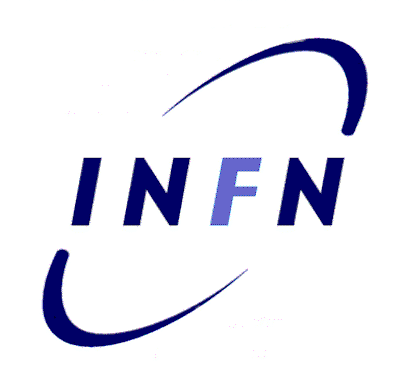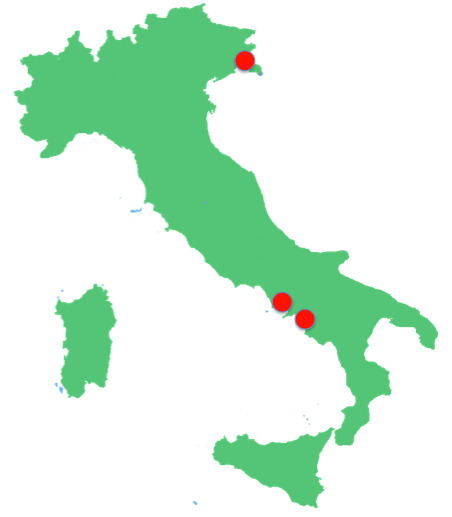Abstract
In recent years the current cosmological picture has provided a composition of the Universe
constituents confirming that the content of the present Universe is made for its vast majority
by unknown form of matter and energy: about 70% is dark energy (responsable for the observed cosmic
acceleration), about 25% is unseen (except gravitationally) dark matter; and only 5% is made of
ordinary baryonic matter. Experimental searches for a direct evidence of dark candidates have not
yielded up to now any conclusive results. Thus it seems reasonable to pursue schemes beyond Einstein’s
gravity to explain observations and phenomenology without introducing “ad hoc” ingredients.
At the same time, many of these extended theories may be derived from several unification fundamental
schemes (e.g. supergravity theory), providing in such a way a framework for motivating theories of
gravity beyond General Relativity. On the other hand, an accurate screening of current models can
be achieved taking into account massive bulk of data (e.g. cosmography) and relativistic phenomena
(e.g. gravitational lensing).
Our project focuses on studying gravitation and physics of the Universe within the framework of QFT
and extended theories of gravity, with particular attention to experimental verifications which are
essential to put the theoretical models on firm ground. The target is to construct an effective
theory of gravity which allows to address the phenomenology of those phenomena related to the
various astrophysical and cosmological scales, that cannot be explained within the framework of
General Relativity. Such extended schemes naturally might arise from fundamental theories of physics
and, hence, could totally or partially overcome the need for dark components.


